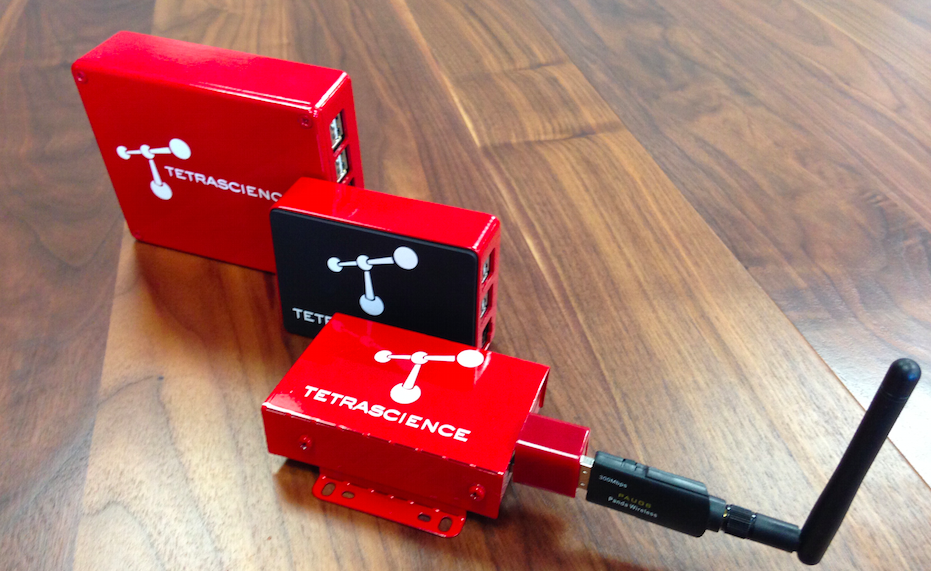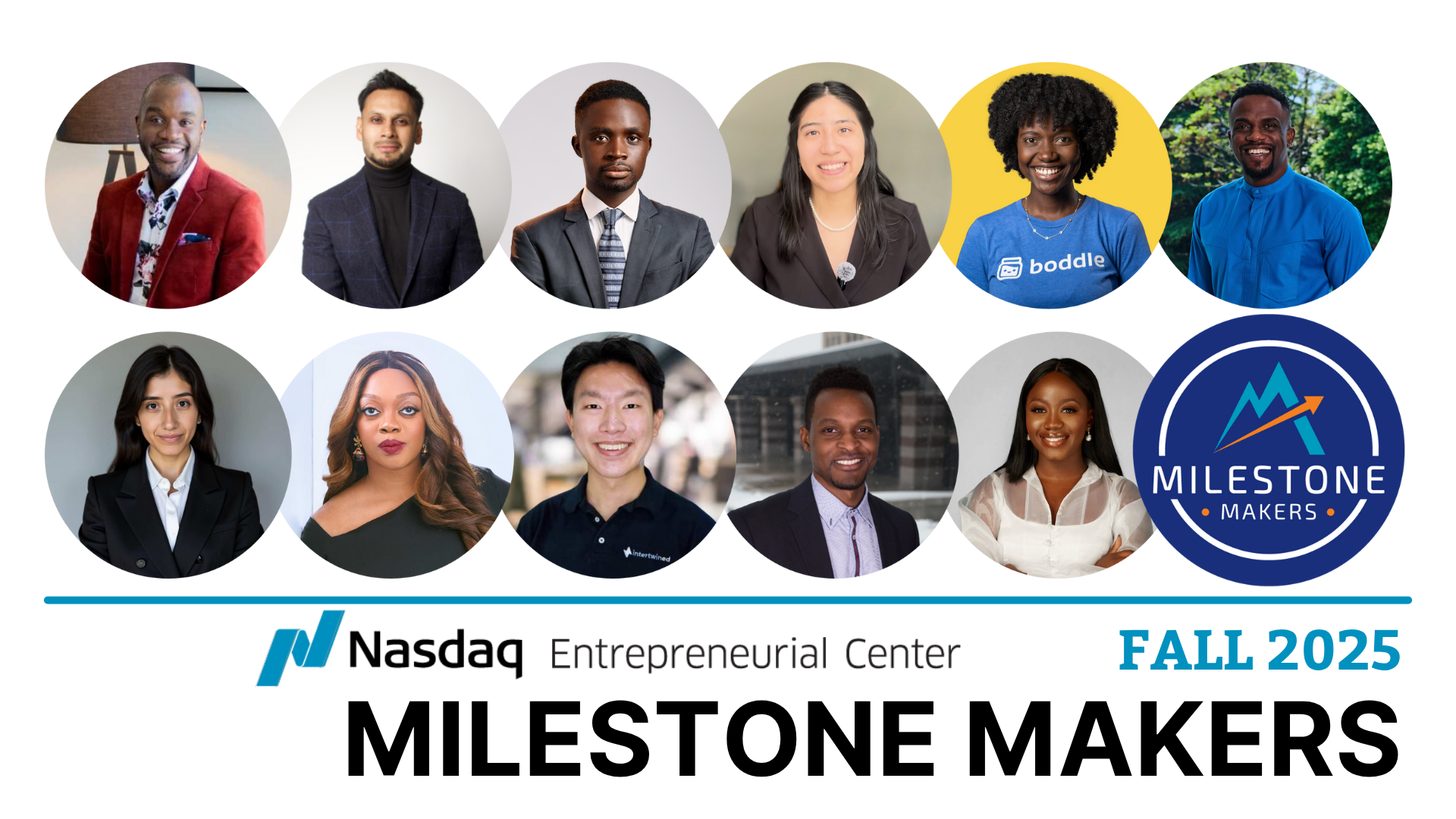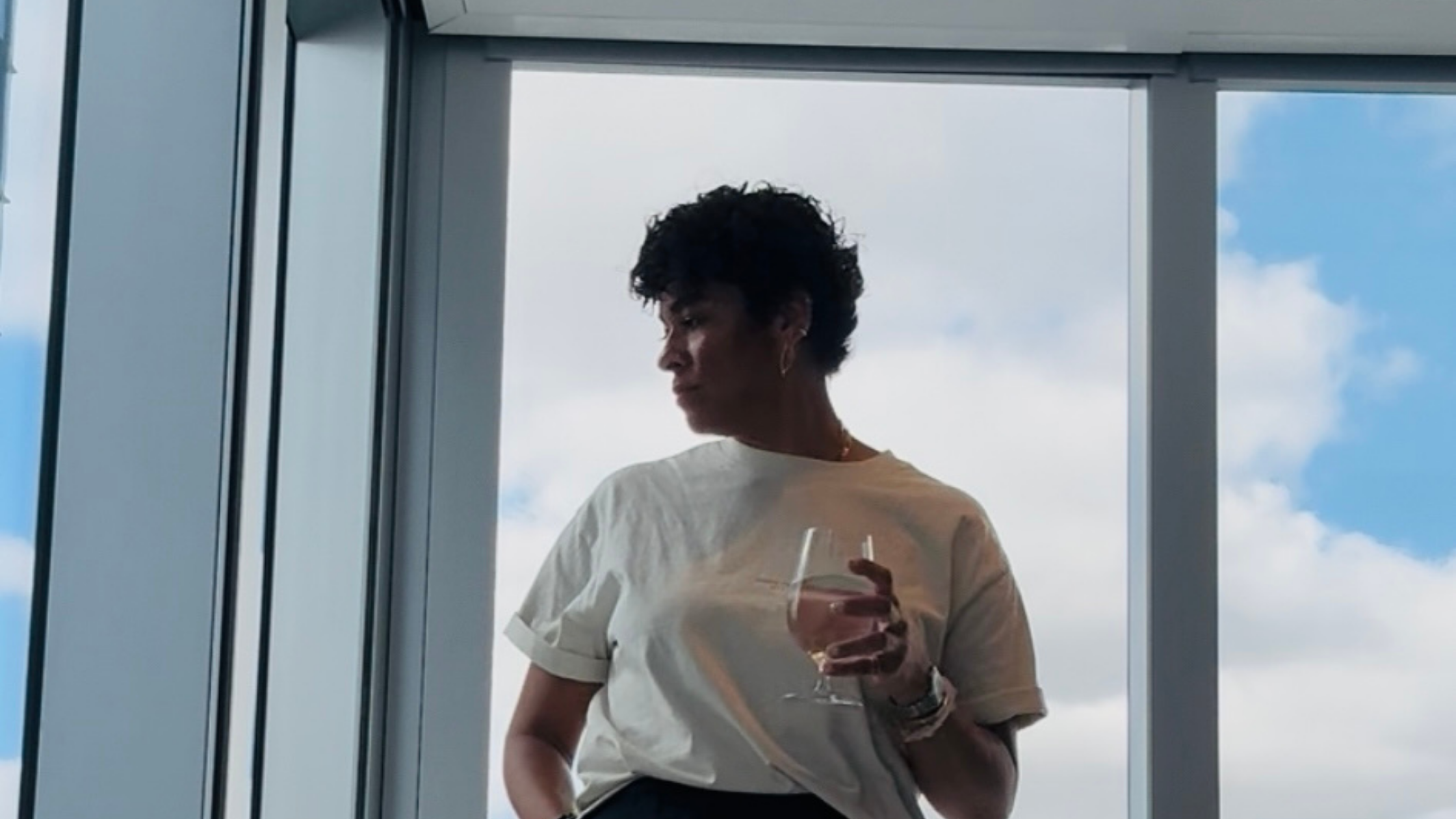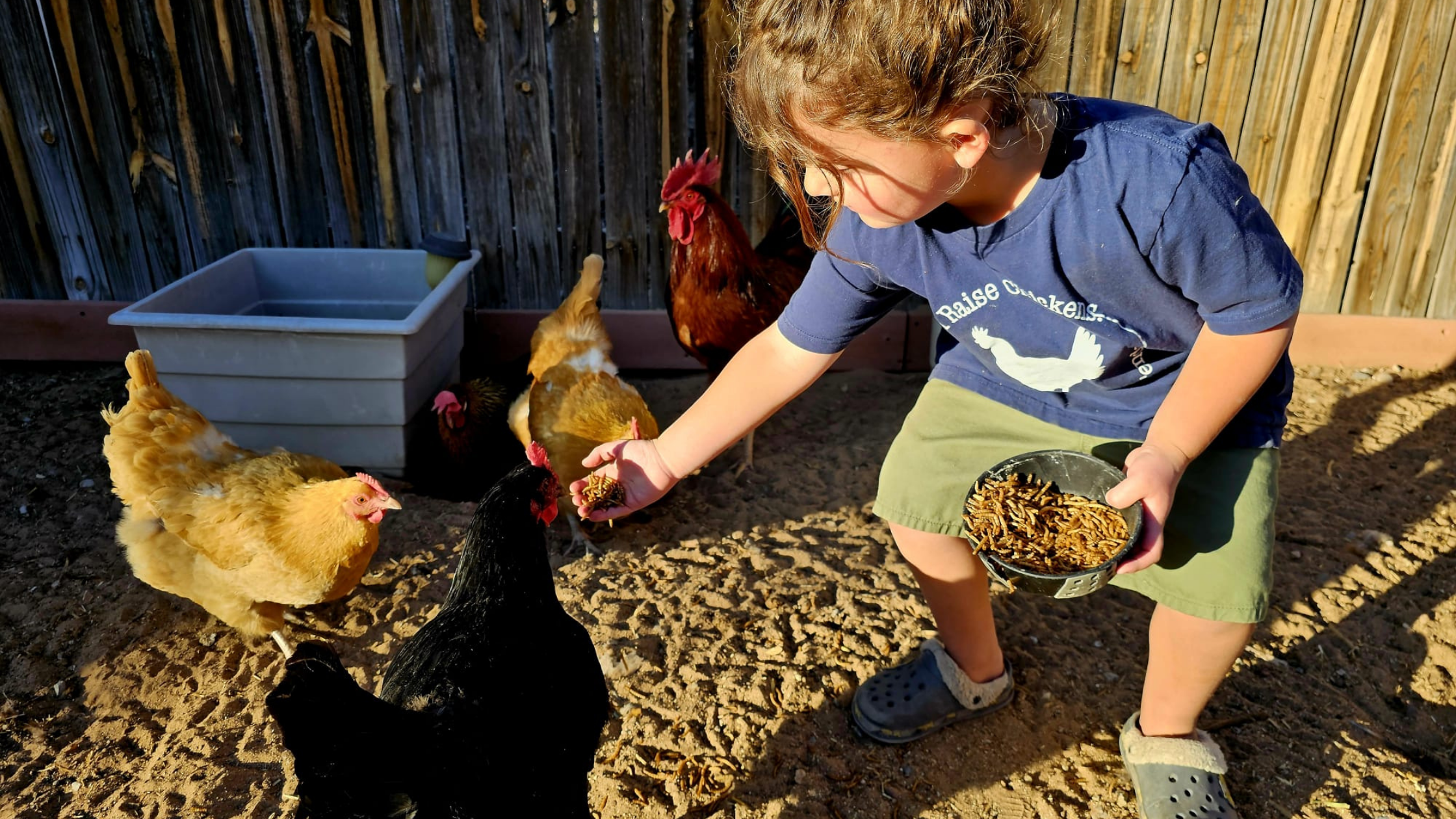Siping “Spin” Wang is the Co-Founder & CTO of Boston-based startup, Tetrascience, an ‘Internet of Things’ company that’s modernizing research by bringing cloud software to the laboratory. Wang took a moment to update the Nasdaq Entrepreneurial Center on his journey as a founder so far.
What does “entrepreneurship” mean to you?
SW: To me, entrepreneurship means recognizing a need in the world and having the drive and resourcefulness to create a solution that will bring about real and necessary change. It takes equal parts courage and humility to stand in the face of failure and work towards your goal because not everyone will succeed. And the recognition that you can’t do this alone is key, so bringing together a team that shares your vision and drive for success is paramount in entrepreneurship.
How did your company come to be?
SW: Prior to founding TetraScience, I was working toward my M.S. in Electrical Engineering and Computer Science. Salvatore Savo, COO, was a Postdoc at University of Southampton, Boston College and Harvard. And Alok Tayi, CEO, was a Postdoc at Harvard University. It was in Boston, MA where we all met and ultimately through our experience working in laboratories and cutting-edge technology that we came up with the idea behind TetraScience.
What’s the biggest experience or lesson gained on your journey so far?
SW: Our customers are the pulse of the company. They are the biggest measurement of success or failure. They tell us if our product is worthwhile, needed, or if there are needs that we’re simply failing to meet. In the last several years, we’ve come to learn that getting feedback from our customers is crucial to developing the right tools. Losing a customer because we didn’t listen or because we didn’t develop the right tools is a hard lesson to learn.

How is Tetrascience changing the landscape?
SW: We’re changing research by bringing cloud software to the laboratory. We are all scientists and recognized the need for the connected lab. We’ve created solutions that include connecting scientific instruments via IoT technology, software applications for scheduling laboratory operations, and integrations amongst lab instruments, systems, and outside vendors.
What do you wish you knew when you started? Is there anything you would do differently?
SW: “Working smarter not harder” – this is such a powerful mindset, and I wish I had known half of what I knew now. Stopping to evaluate how you’re working and the impact it has on your stress levels can sometimes happen when you’re at the peak point of stress. We certainly mature in our journey as entrepreneurs and have to skin our knees a bit, but we learn little productivity hacks that can help us carve out more time in the day or how to let certain things go.
What advice/credo do you live by as you grow the business / what is your professional and personal mission statement?
SW: Professionally and personally, the advice I follow is to stay focused on the prize. There are so many distractions in the world today that it can be easy to become sidelined by other objectives. Professionally, you should be very strategic in how you grow your business otherwise there’s no guarantee of success.
What’s it like to work alone or with your partners? What advice do you have for fellow entrepreneurs about building and leading teams?
SW: It’s important to value your team and take active steps to ensure they feel valued. At the end of the day, it’s your team who will push your company towards success, and as an entrepreneur, you want your business to succeed. It’s important to build and nurture your team towards success. I work hard every day so that I can be successful, but also so my team can be successful. If they don’t see me working hard and putting my whole self into my work, they won’t see any reason to work hard either.
What does “success” look like for you? What do you think will help you achieve it?
SW: Success is the ability to keep innovating, which is heavily dependent on how well you communicate with your customers and your partners. Companies that don’t look ahead are often left behind as new competition creeps forward, and ultimately, you’ll lose your customers if you’re no longer meeting their needs. As long as we can keep innovating, anticipate the needs of our customers and provide solutions they find add value to their business, then we will be successful. Staying engaged with our customers and partners is the best way to achieve success.
What kind of an entrepreneur do you want to be known as, as in, what do you want your legacy to be?
SW: I want to give the scientific community the means to work quicker and smarter that will enable them to focus on what they are passionate about. The challenges we face in the lab mean we work longer hours because we are overburdened with administrative work instead of focusing on the real and impactful research. The resources we spend on additional staff and time in the lab is the difference between making real discoveries and a real difference in the world. This means time away from our families, and the time that companies’ research could, in turn, give back to families.




